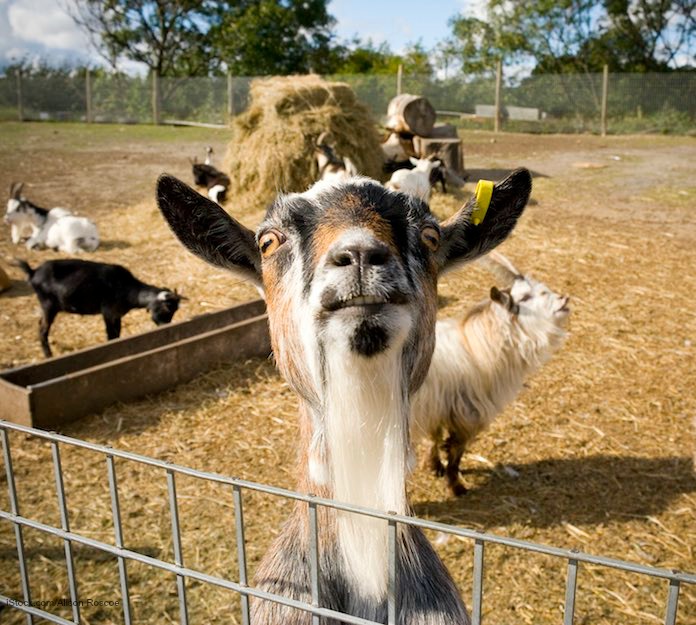The Pennsylvania Department of Health (PDH) is warning visitors to a Northampton County animal rescue farm that a Cryptosporidium outbreak is related to infected manure at that farm. The Heaven on Earth Farm is located in Easton, Pennsylvania.

Pennsylvania Secretary of Health Dr. Karen Murphy said in a statement, “Cryptosporidium is a parasite that can be found in water, food and soil, as well as on contaminated surfaces or dirty hands. Anyone sickened after visiting or working on the farm since February 14, 2017 is advised to contact the Department of Health at 1-877-PA-HEALTH and to talk to their personal physician. Even residents who may have come into contact with a visitor to the farm should take precautions to prevent the spread of this parasite, mainly through hand-washing and cleaning surfaces.”
The farm has young calves and goats that need to be fed with bottles by hand. It “solicited assistance from the public via Facebook,” according to the PDH press release. Officials believe that hundreds of people were exposed to infected manure while helping with these animals.
Cryptosporidium is a microscopic parasite that causes the illness cryptosporidiosis. The main symptoms of this illness is watery diarrhea. Symptoms usually begin two to ten days after infection, and people can be ill for weeks. Those with weakened immune systems can have very severe symptoms from this infection, and their illness can be life-threatening. If you visited that farm and have been experiencing this symptoms, see your doctor.
Anyone who has been diagnosed with cryptosporidiosis should not go to work if they have jobs in high-risk settings. Those jobs include food service handlers, daycare workers or attendees, and healthcare workers.
To prevent this illness, thoroughly wash your hands with soap and hot water before preparing, serving, or eating food; after using the toilet; after changing diapers or helping a child who has used the bathroom; and before and after caring for someone who has a diarrheal illness. This step is critically important after someone has handled animals, especially young livestock, or has cleaned up animal manure.




